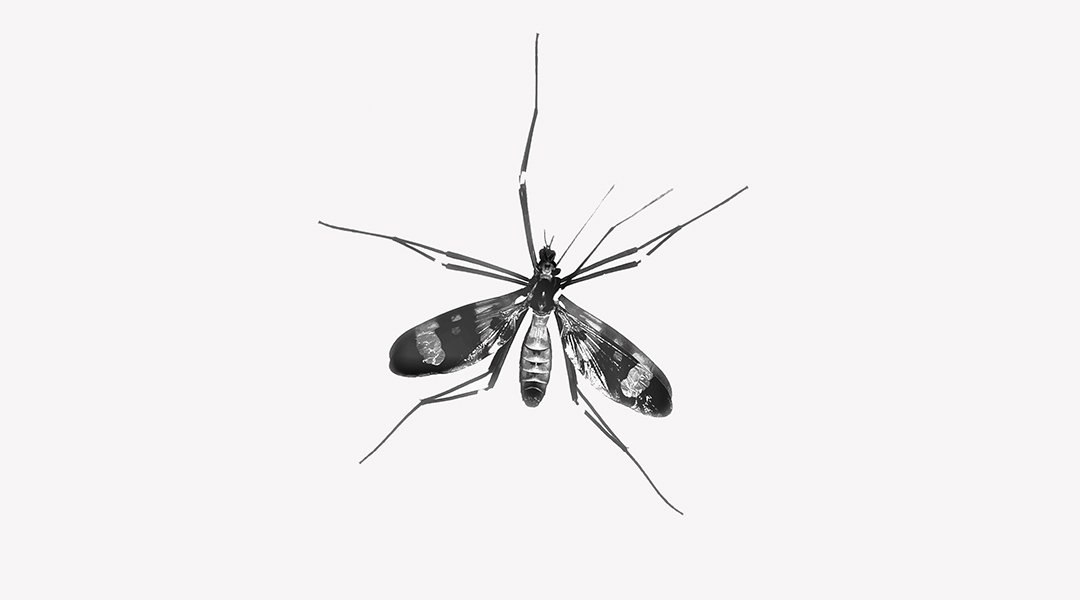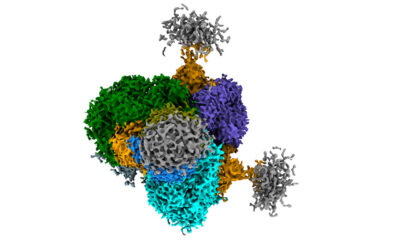Scientists have found a new strategy to fight viruses by breaking down the proteins that make them up. This new class of antivirals, known as protein degraders, could be effective against a broad range of strains and prevent viruses from becoming resistant.
Most antiviral drugs work by blocking a viral protein that is involved in the infection of human cells. However, making this type of drug is challenging because it requires in-depth knowledge of the function and structure of the target protein.
“We don’t have this knowledge for many viral proteins, so they are ‘undruggable,’” said Priscilla Li-ning Yang, professor of microbiology and immunology at Stanford University. “The degradation strategy is agnostic with respect to function and since we deplete the protein from the cell, all of its functions are lost.”
In a study published in Advanced Science, Yang’s team reported the development of two protein degraders with potent activity against all four types of the dengue virus, for which no antivirals have ever been approved. They believe that this strategy could be applied to making antivirals against many other kinds of viruses.
Making protein degraders
Yang and colleagues created their protein degraders against the dengue virus by fusing two molecules, one that binds to a target viral protein and another that signals the host cell to break it down. This process involves the “ubiquitin-proteasome system” inside our cells, which is responsible for degrading proteins that are no longer needed — its discovery was awarded a Nobel Prize 20 years ago.
Protein degraders can also be used to get around some of the major shortcomings of traditional antivirals. For instance, antivirals generally need to have a very precise shape in order to bind tightly to their viral target. This means that any small changes in their target — usually as a result of a virus’ fast evolution — can make them ineffective, which is a common way for viruses to become resistant to antivirals.
“Being able to exert antiviral activity without super-tight binding means that [protein degraders] may be better at sustaining antiviral activity against variants that arise during drug treatment and also variants that exist out in nature,” said Yang.
The researchers chose the envelope protein of the dengue virus as their target. This protein makes up the outermost layer of the virus — called the envelope — and is involved in how the virus attaches to and enters human cells.
To make their protein degraders, they chose existing antivirals that are known to target the envelope protein and fused them with a molecule that recruits the ubiquitin-proteasome system. Alone, those antivirals were not potent enough to make them effective drugs. But when turned into protein degraders, they showed a much higher antiviral activity across all four types of the dengue virus.
“Going into the work, it was unclear that we could achieve significant antiviral activity,” said Yang. “The envelope protein is a structural protein and highly abundant so it was unclear whether a [protein degrader] could induce enough degradation to exert meaningful antiviral activity.”
Broad-spectrum antivirals beyond dengue
For Yang and her team, these results marked a breakthrough, as it was the first time that a protein degrader was shown to be effective against the envelope protein. They have proven that this new strategy could be effective as a new class of antiviral drugs, but there is still a long path ahead before these protein degraders can be made into antiviral drugs.
Research into protein degraders has so far mostly focused on cancer, with several drug candidates entering clinical trials for the first time only in the past five years. In comparison, studying the potential of protein degraders as antivirals is still a relatively new area of research. Before this type of antivirals can even be taken to clinical trials, the scientists will need to show that they work on animal models.
“The compounds we have now haven’t been optimized for use in [animal models]. We are interested in translating this work, but need to do more iterative cycles of optimization to have compounds appropriate to [do these tests],” said Yang.
Going forward, her team will also be looking into extending the strategy of protein degradation to other target proteins as well as other viruses. If successful, their research could eventually lead to a new generation of potent antivirals that are effective against a broad spectrum of viral infections.
Reference: Zhengnian Li et al., Discovery of Potent Degraders of the Dengue Virus Envelope Protein, Advanced Science (2024). DOI: 10.1002/advs.202405829
Feature image credit: Yogesh Pedamkar on Unsplash














